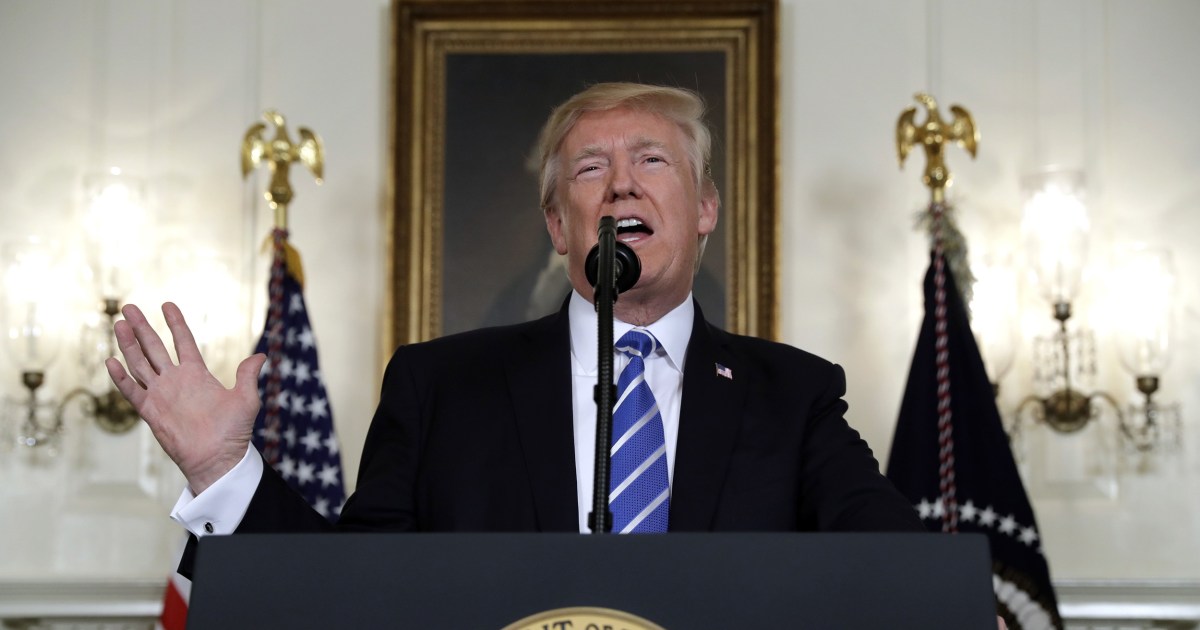In Conservative Alabama, Republicans Cheering for Trump – With Some Quiet Concerns
On the same day global stock markets took a sharp downturn—largely attributed to renewed trade tensions and sweeping tariffs—Alabama Republicans gathered in downtown Birmingham to celebrate the man behind the policies: former President Donald Trump. The event, dubbed the “Trump Victory Dinner,” featured party chairman John Wahl and Donald Trump Jr. rallying supporters without any mention of the economic unease unfolding worldwide. Wahl energized the crowd with a bold statement: “The Alabama Republican Party will buy them a plane ticket to any country in the world they want to go to,” referencing critics of Trump and his “America First” agenda. Attendees, which included lobbyists, donors, and local officials, responded with laughter and applause.

Loyalty to Trump Remains Strong, But Questions Simmer
While the crowd was firmly pro-Trump, some quiet concerns circulated over his policies. Trump’s heavy tariffs and proposed budget cuts—including those driven by the Department of Government Efficiency (DOGE)—raised eyebrows. Though Alabama remains deeply red, with Republicans dominating state politics and Trump winning 65% of the 2024 vote, subtle cracks have begun to appear. Former Secretary of State John Merrill acknowledged the risks. “We’ve been a net recipient of federal dollars for years,” he said, pointing out that Alabama often receives more in federal funding than it sends to Washington. Trump’s aggressive spending cuts could threaten key sectors in the state that depend on federal money, such as education, healthcare, and infrastructure.
Economic Ties to Federal Funding and Global Trade
Much of Alabama’s economy is intertwined with federal support and international trade. The University of Alabama at Birmingham’s hospital system, a major employer and research hub, relies heavily on NIH grants and Medicare/Medicaid funding. Trump’s proposed cuts could have wide-reaching effects here. Meanwhile, foreign investment in Alabama, like the massive Mercedes-Benz plant near Tuscaloosa, relies on global supply chains. Trump’s tariffs could increase costs by taxing imported auto parts. “The prices will rise, at least in the short term,” said Tallapoosa County GOP committeeman Terry Martin, though he defended tariffs as useful bargaining tools. Agriculture also remains a vital industry, with many operations dependent on migrant labor. Alabama’s strict immigration laws were rolled back after businesses complained about labor shortages—an issue that may resurface under Trump’s renewed focus on deportation.
Balancing Loyalty with Caution
Despite concerns, Trump remains immensely popular among Alabama Republicans. GOP lawmakers, including Sen. Tommy Tuberville and Sen. Katie Britt, continue to support his policy direction. Tuberville rallied the dinner crowd with a line that received thunderous applause: “It’s past time we leveled the playing field and told the rest of the world to get off their ass and start paying their fair share.”
Still, some local leaders like Denise Bates, Tallapoosa County GOP Chair, expressed caution about eliminating the Department of Education or slashing federal support. “You know, we’re a net receiver,” she said, noting that too much change could have real consequences back home. Chairman Wahl summed up Trump’s appeal to his Alabama base: “He’s serious. He’ll bring people to the table. He’s the negotiator.” For now, that belief remains a powerful unifier—even amid economic uncertainty.


Comments are closed, but trackbacks and pingbacks are open.